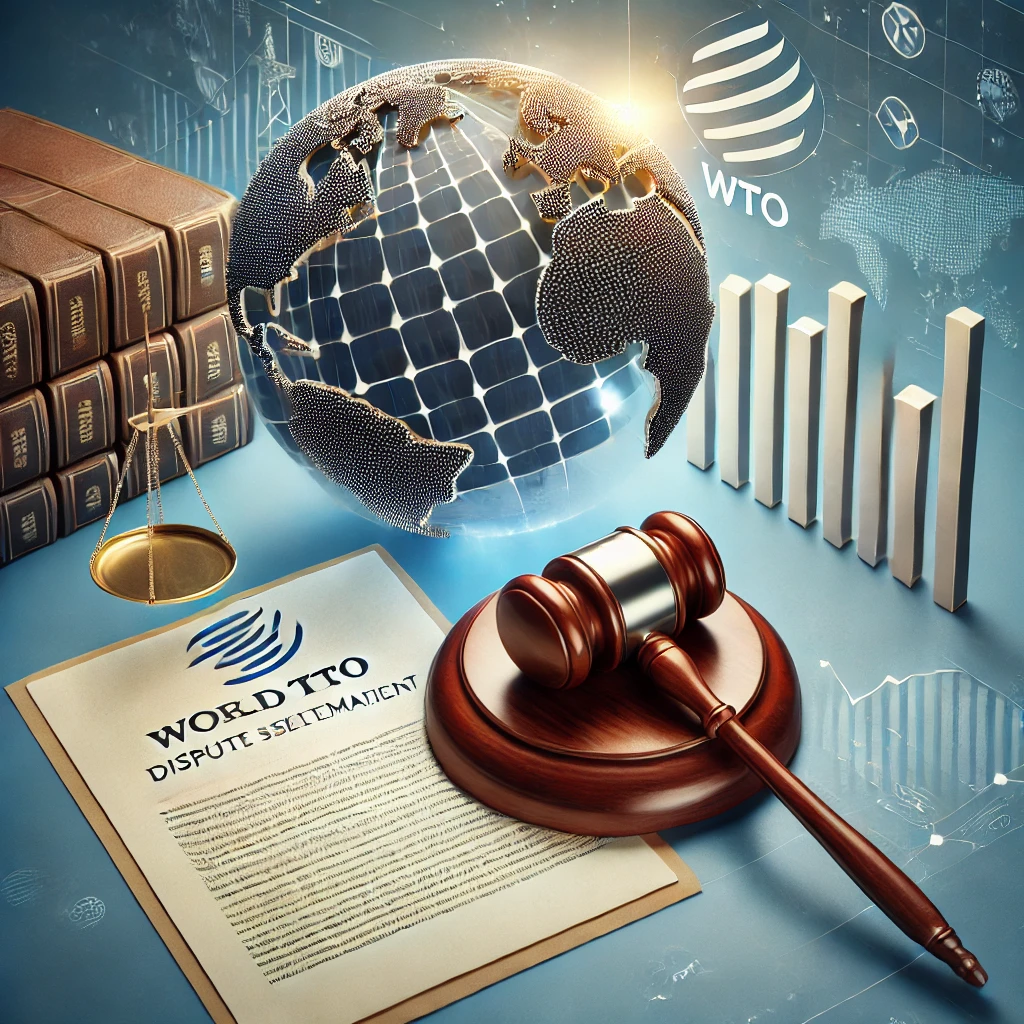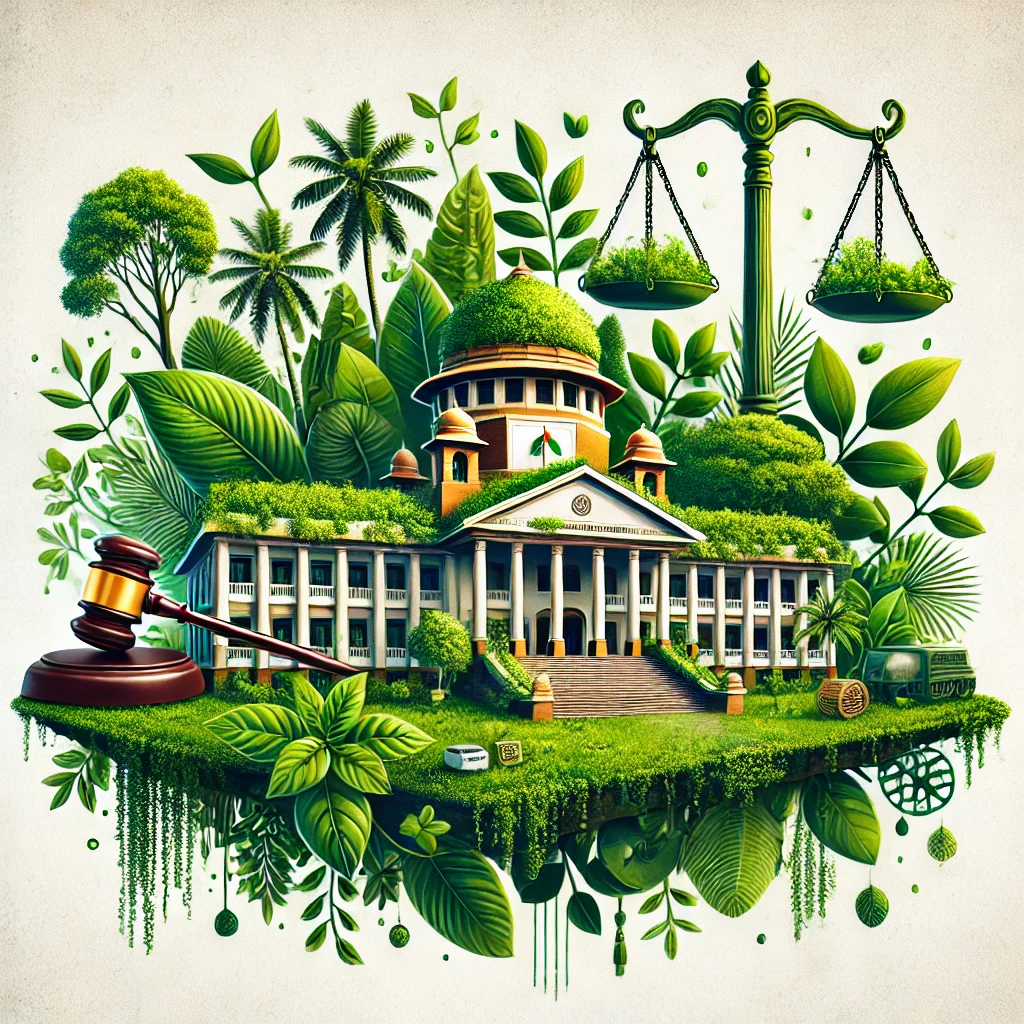Environmental laws at Liechtenstein
Liechtenstein, a small but prosperous country located in Central Europe, has a well-developed legal framework for environmental protection. Despite its size, Liechtenstein is committed to sustainable development and environmental conservation, aligning its policies with both European Union (EU) standards and international agreements. Below are the key environmental laws and regulations in Liechtenstein:
1. Environmental Protection Act (EPA)
Purpose: The Environmental Protection Act is the primary legal framework for environmental protection in Liechtenstein. It aims to prevent environmental damage, protect natural resources, and promote sustainable development within the country.
Key Points:
The Act establishes general principles for environmental protection, including the "polluter pays" principle, the precautionary principle, and the need for sustainable resource use.
It covers various areas such as air quality, water management, waste management, noise control, and chemical safety.
The law provides for environmental impact assessments (EIA) to evaluate the environmental consequences of major projects.
The law also addresses pollution prevention and the reduction of harmful emissions from industries, agriculture, and transportation.
Enforcement: The Government of Liechtenstein (specifically the Office of Environment under the Ministry of Infrastructure, Environment, and Sports) is responsible for implementing and enforcing the provisions of the EPA.
2. Water Protection Act
Purpose: The Water Protection Act regulates the management, protection, and use of water resources in Liechtenstein, which is essential for both public supply and environmental preservation.
Key Points:
The Act focuses on the conservation and sustainable use of water resources, ensuring that the water quality remains high and that water bodies are not polluted.
It addresses issues related to water extraction, wastewater treatment, and the protection of groundwater and surface water bodies.
The law mandates the monitoring of water quality and the implementation of measures to prevent contamination from industrial and agricultural sources.
Specific regulations are in place to protect wetlands and other sensitive ecosystems.
Enforcement: The Office of Environment and the Water Management Office are responsible for monitoring and enforcing water protection standards.
3. Nature Protection Act
Purpose: The Nature Protection Act is aimed at conserving Liechtenstein's natural biodiversity, including its flora, fauna, and ecosystems.
Key Points:
The Act regulates the protection of landscapes, endangered species, habitats, and ecosystems.
It includes provisions for the establishment of nature reserves and protected areas, ensuring the conservation of biodiversity and preventing habitat destruction.
The law prohibits the destruction of protected areas, deforestation, and other activities that could harm critical habitats or species.
It also regulates the use of pesticides and fertilizers to ensure that agricultural practices do not negatively impact biodiversity.
Enforcement: The Office of Environment plays a key role in the implementation and enforcement of nature protection measures.
4. Waste Management Act
Purpose: The Waste Management Act governs the collection, disposal, recycling, and treatment of waste in Liechtenstein, promoting a circular economy and reducing environmental impact.
Key Points:
The Act promotes waste minimization, recycling, and the responsible disposal of hazardous and non-hazardous waste.
It requires businesses and individuals to reduce waste generation and adhere to the principles of waste separation and recycling.
The law establishes rules for the treatment and disposal of waste, including hazardous materials, to prevent environmental pollution.
It encourages the development of waste-to-energy technologies and the proper treatment of electronic waste, construction debris, and other waste types.
Enforcement: The Office of Environment and local authorities are responsible for overseeing waste management practices and ensuring compliance with waste disposal regulations.
5. Air Pollution Control Act
Purpose: The Air Pollution Control Act regulates emissions of pollutants into the air from various sources, including industrial activities, transportation, and energy production.
Key Points:
The law sets limits on emissions of air pollutants such as particulate matter, nitrogen oxides (NOx), sulfur dioxide (SO2), and carbon monoxide (CO).
It mandates the use of technologies to reduce air pollution, such as catalytic converters for vehicles and emissions reduction systems for industrial facilities.
The Act requires regular monitoring of air quality and ensures that air pollution levels do not exceed the established limits.
Enforcement: The Office of Environment is responsible for monitoring air quality, issuing permits, and enforcing air pollution control regulations.
6. Energy Act (2012)
Purpose: The Energy Act is part of Liechtenstein's broader effort to transition to a more sustainable energy system, promoting the efficient use of energy and the use of renewable energy sources.
Key Points:
The Act establishes targets for reducing energy consumption, promoting energy efficiency, and increasing the share of renewable energy sources (such as solar, wind, and hydropower).
It includes provisions for energy-saving measures in buildings, industries, and transportation systems.
The law encourages the development of green technologies and energy innovations, including the promotion of electric vehicles and energy-efficient appliances.
Enforcement: The Government of Liechtenstein, particularly through the Energy Office, oversees the implementation of the Energy Act.
7. Environmental Impact Assessment (EIA) Law
Purpose: The EIA Law mandates that certain projects undergo an environmental impact assessment before they can proceed. This ensures that potential environmental risks are identified and mitigated early in the project planning process.
Key Points:
The law applies to large-scale infrastructure projects such as roads, industrial developments, and energy projects.
The law requires an assessment of the potential impacts on air, water, soil, noise, and biodiversity.
Public participation is encouraged, and local communities can provide input on the environmental impacts of proposed projects.
The law ensures that projects are only approved if they meet the necessary environmental protection standards.
Enforcement: The Office of Environment is responsible for overseeing the EIA process, ensuring that assessments are carried out properly and that projects adhere to environmental regulations.
8. Forest Act
Purpose: The Forest Act regulates the management and conservation of Liechtenstein's forest resources, ensuring sustainable forestry practices and the protection of forest ecosystems.
Key Points:
The law establishes rules for the sustainable harvesting of timber, reforestation, and the protection of forest habitats.
It promotes the multifunctional use of forests, including biodiversity conservation, water protection, and recreation.
The Act also focuses on protecting forests from illegal logging and preventing forest fires.
Enforcement: The Office of Environment and the Department of Agriculture are responsible for enforcing forest management regulations.
9. Climate Change Adaptation and Mitigation Measures
Purpose: Liechtenstein has been actively involved in international climate change agreements and is working on national strategies to reduce greenhouse gas emissions and adapt to the impacts of climate change.
Key Points:
The country has committed to reducing its carbon footprint in line with the Paris Agreement and has developed policies aimed at reducing greenhouse gas emissions, promoting renewable energy, and increasing energy efficiency.
The government supports initiatives to mitigate the impacts of climate change, such as flood control and drought management, as well as adaptation strategies for vulnerable sectors like agriculture and infrastructure.
Enforcement: The Office of Environment plays a central role in the country's climate policies and in ensuring compliance with national and international commitments on climate change.
10. International Agreements and Commitments
Liechtenstein is a signatory to various international environmental agreements and conventions, including:
Paris Agreement on Climate Change
Convention on Biological Diversity (CBD)
United Nations Framework Convention on Climate Change (UNFCCC)
Ramsar Convention on Wetlands
Convention to Combat Desertification (UNCCD)
These international commitments influence the country’s environmental policies and require the government to take action on climate change, biodiversity conservation, and sustainable development.
Enforcement and Institutions:
Office of Environment (Liechtenstein): This office is the central body responsible for implementing environmental laws and policies, including pollution control, water management, and biodiversity protection.
Ministry of Infrastructure, Environment, and Sports: This ministry oversees environmental governance in Liechtenstein, including energy policies, nature conservation, and the implementation of international agreements.
Local Authorities: Local governments are involved in the enforcement of environmental regulations at the municipal level, such as waste management and land use.
Conclusion:
Liechtenstein has a robust environmental legal framework that emphasizes sustainability, pollution control, and resource conservation. The country aligns its policies with EU standards and international agreements, striving for a high level of environmental protection. While the country faces environmental challenges due to its size and industrial activities, it continues to make strides in improving its environmental governance and promoting sustainable development.












comments